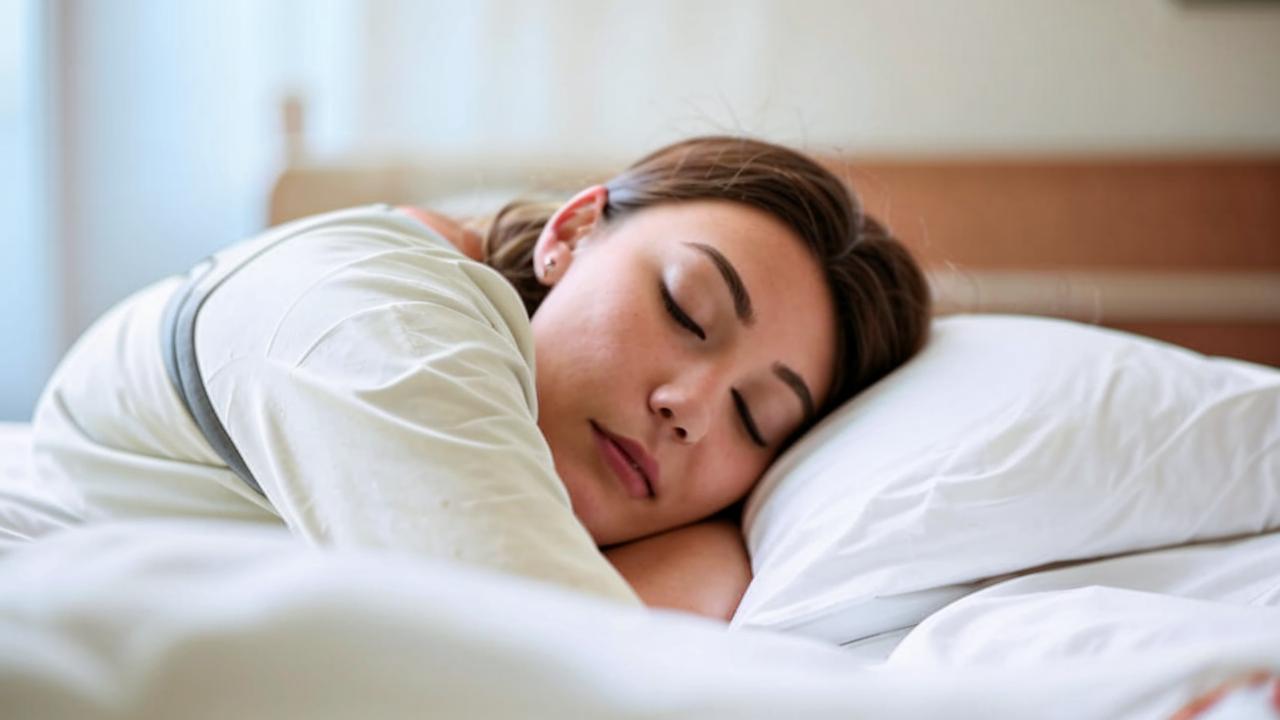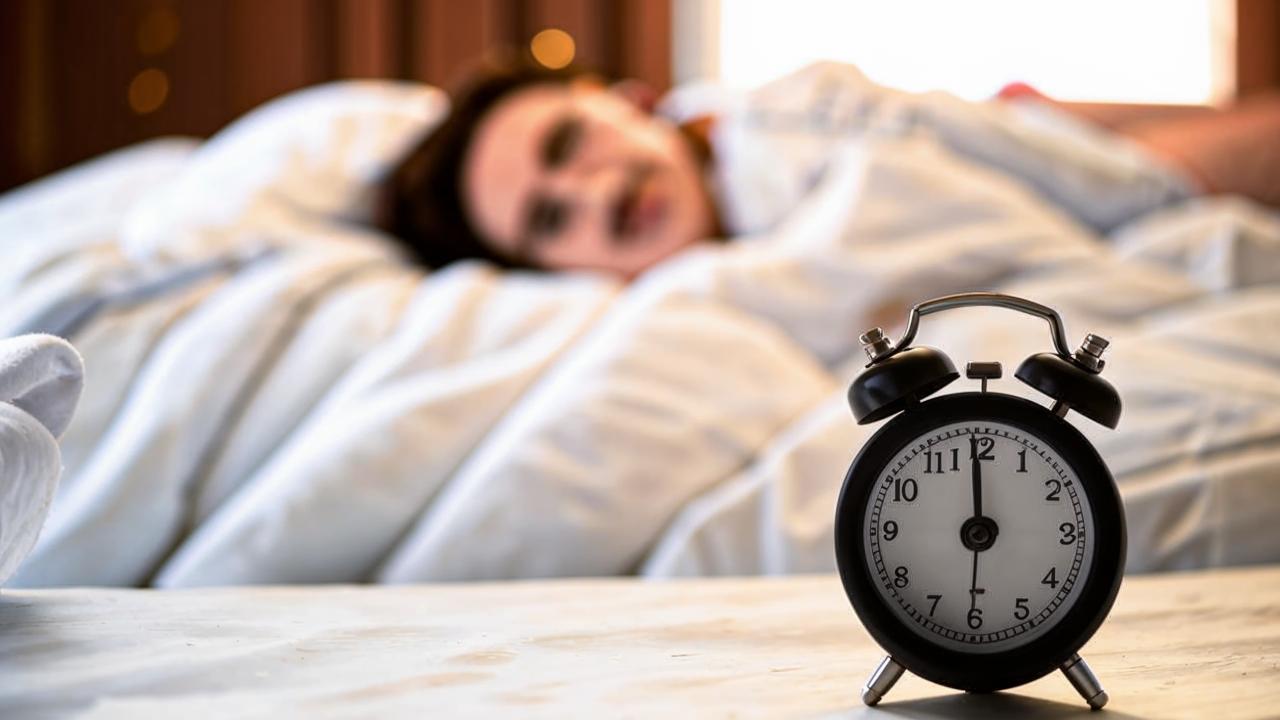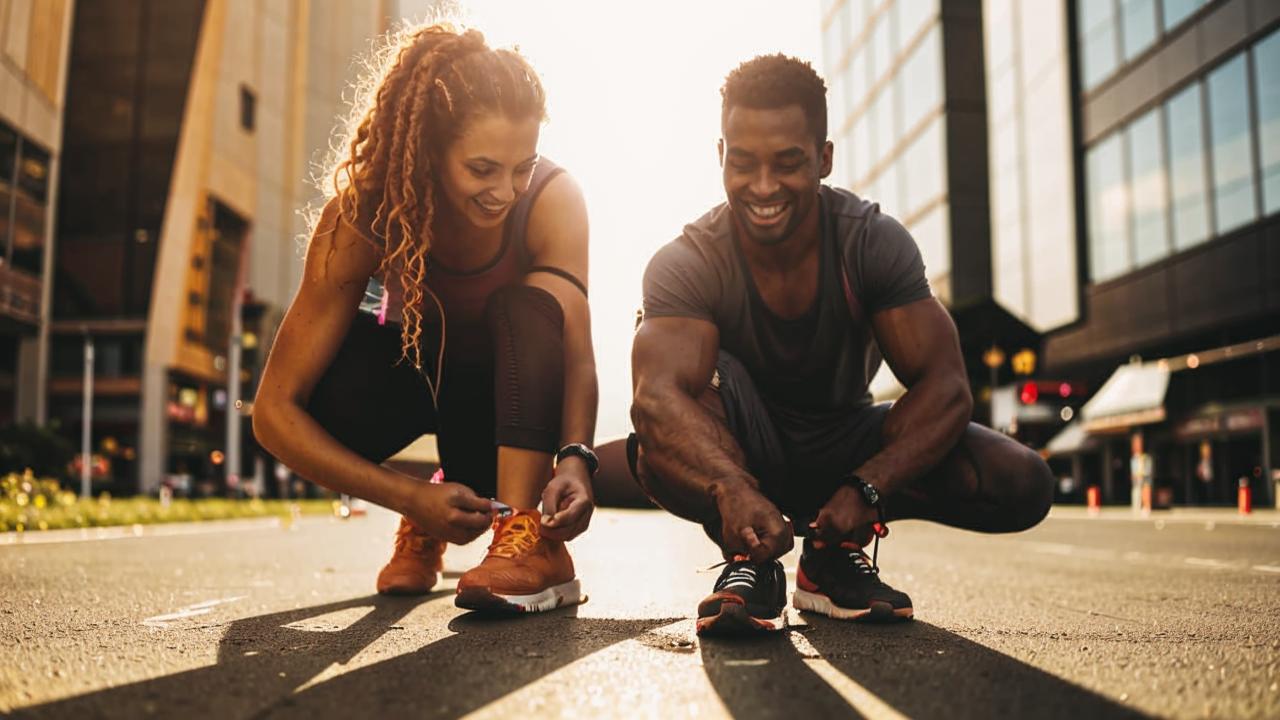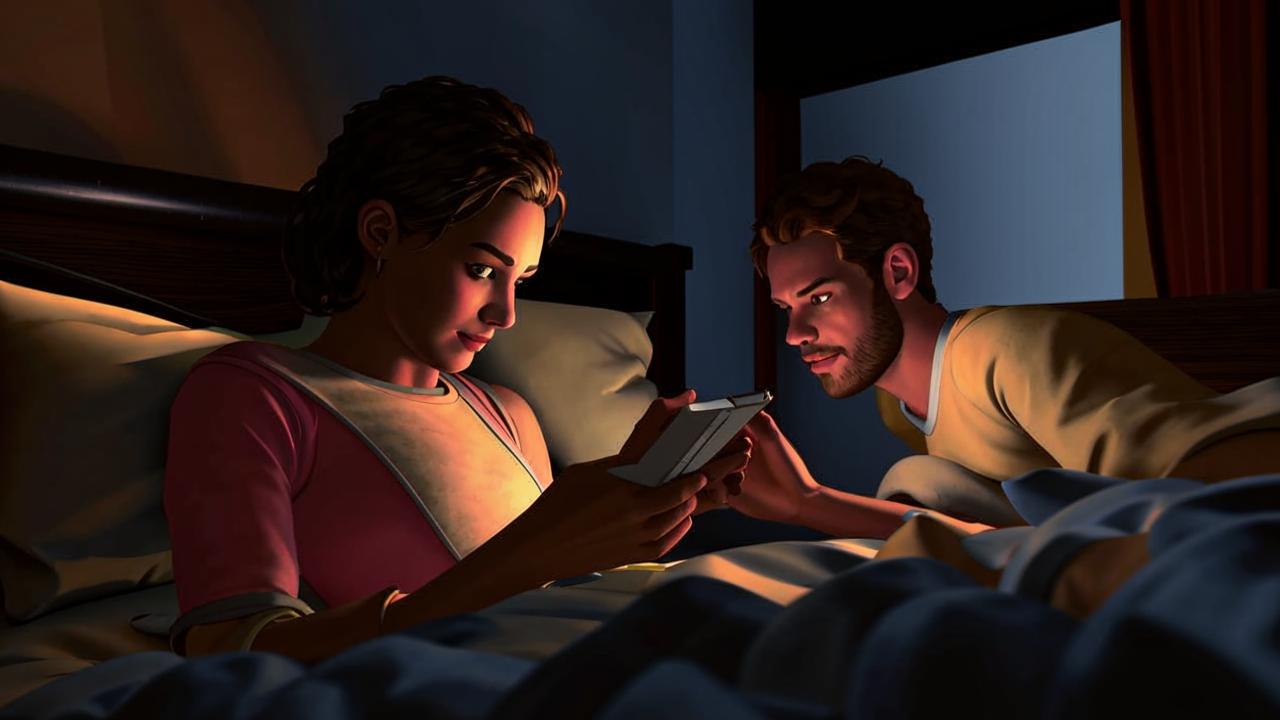Everyone at least once in their life has had to wake up in bed with the horrible thought that in a few hours the alarm clock will ring, and still no sleep in one eye. But you don’t have to suffer anymore. We’ve compiled research-proven ways to fall asleep.
The 4-7-8 method
The 4-7-8 method, developed by Dr. Andrew Weil, is a simple but very effective breathing technique that promotes calm and relaxation. It will help to quickly release tension, thanks to which you will fall asleep. The technique is considered to be the most effective for falling asleep, which is why it is always the first thing somnologists recommend.

1. Take the most comfortable position.
2. Fully exhale through your mouth, making a whistling sound.
3. Close your mouth and inhale through your nose, mentally counting to four.
4. Hold your breath and mentally count to seven.
5. Open your mouth and fully exhale with a whistling sound, mentally counting to eight.
6. Repeat this cycle at least three times.
Airing out
Your body temperature changes as you fall asleep. Your body cools down when you go to sleep and warms up when you get up. If the room is too warm, it can be hard to fall asleep. Air out the room before you go to bed to make it fresher.
A warm bath or shower will also help speed up the change in body temperature. When you cool down after a hot session, your brain signals that it’s time to go to sleep.
The results of a study in which people who took a bath or shower at a temperature of 40.0-42.5 °C 1-2 hours before bedtime showed a positive effect. There was a significant increase in sleep efficiency, in other words, an increase in the amount of time a person spends in bed sleeping rather than tossing and turning.
Sleep schedule
Many people believe that making a sleep schedule helps them fall asleep more easily.
The body actually has its own regulating system called the circadian rhythm. This internal clock signals when to be awake and when to rest.

Once your body adapts to a certain schedule, you’ll find it easier to fall asleep and wake up – at about the same time every day.
It’s also important to get 7-9 hours of sleep each night. According to research, this is the amount of sleep that is considered the most optimal for an adult.
To make it easier to fall asleep, give yourself 30-45 minutes before bed and relax. This will allow your body and mind to prepare for sleep.
Daytime sleep deprivation
Due to poor sleep at night, people with insomnia tend to be sleepy during the day, which often leads to daytime naps. However, there are mixed opinions about the effect of daytime rest on nighttime rest.
Some studies have shown that frequent long (at least 2 hours) and late naps during the day can lead to poor nighttime sleep quality and even sleep deprivation.

In contrast, other studies suggest that resting during the day has no effect on falling asleep at all.
Although the data varies, it’s impossible to say for sure that daytime “quiet time” is not detrimental to nighttime sleep. If you like to snooze, it is worthwhile to observe your own body and find out whether it affects you specifically. Try either giving up daytime naps altogether, or limiting yourself to a short (30 minutes or less) rest before evening.
Eat the right dinner
Many people have heard that a glass of hot milk helps you fall asleep. It really does. Dairy products contain tryptophan, which promotes sleep. But foods high in carbohydrates can be detrimental to a good night’s rest.
If you want to eat a high-carbohydrate meal for dinner, you should do it at least four hours before bedtime. This way the body will have enough time to digest it.
Sports – during the day, sound sleep – at night
Sports can prolong sleep and improve its quality by increasing the production of serotonin in the brain and reducing the levels of cortisol, the stress hormone.

However, it’s important to stick to a moderate-intensity workout plan and not overdo it, as working out too hard will only harm your sleep.
The time of day you workout also plays an important role. Exercising in the morning will have a greater positive effect than sports in the afternoon.
Opting out of gadgets
Using electronic devices late at night is extremely detrimental to the quality of your sleep. It can be much harder to fall asleep if you were watching TV, playing video games, or using a smartphone the night before.

This is partly because digital screens emit blue light, which has been found to suppress melatonin. In addition, using gadgets keeps the mind active and busy – it will be much harder to “turn it off” to fall asleep.
If you are having trouble sleeping, the first thing you should try is the “4-7-8” method. This method can be a real lifesaver even in “extreme” situations when you need to fall asleep as soon as possible. If it doesn’t work, take a look around, maybe there are other factors preventing you from falling asleep: for example, a computer on, stuffiness or a heavy dinner.





